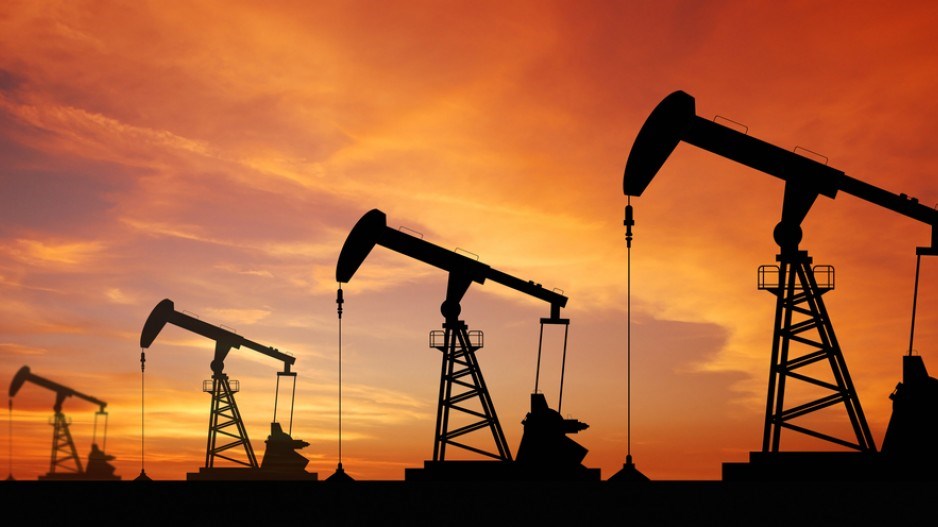The province brought in $548,187 in its September oil and gas land auction, an improvement over recent months but anemic compared to the $25 million pulled in this time last year.
Leasing rights to explore for oil and gas brought in $6.9 million year to date, compared to 2008 highs of $2.4 billion. The land sale netted $383 million in 2014, driven by optimism around the province's nascent liquefied natural gas export industry.
The previous low came in 1982-83, when investors bought just $17 million in drilling rights.
The industry has lost much of its appetite for exploration following the oil price crash, University of Northern B.C. economist Dr. Paul Bowles told the Alaska Highway News.
"The same thing is happening in Alberta and Saskatchewan. Sales are way down," he said. "It's based on exploration, and that's the first thing that gets cut when there's a downturn.
"We haven't seen these falls from $100 to $40 a barrel in such a short space of time, and that's created huge market uncertainty for oil and gas producers," Bowles added. "Everybody's cutting back, which translates into lower growth."
Alberta has pulled in $209 million year to date, one of its lowest totals in decades.
Lower prices are being blamed on weak global demand and a glut of supply from OPEC nations, which are maintaining production levels to protect market share.
While weak land sales bode poorly for industry, they're also bad news for the provincial treasury.
The province uses proceeds from resource exploration to fund social programs and infrastructure. From 2006 and 2015, the land sale accounted for between 29 and 68 per cent of the province's total income from oil and gas.
The province posted record totals of $3.8 billion in 2008-09, on the strength of a $2.4 billion land sale.
At the time, "the world economy was growing fast, China was growing really fast, commodity prices were high, oil was $100 a barrel, natural gas prices were high in Asia...that fueled a lot of interest in exploration and land sales for future supply," Bowles said.
Activity slackened following the global financial crisis but stayed above the billion-dollar mark.
New production in the U.S. has taken a bite out of North American natural gas prices—the driving force behind the province's plan to export LNG to Asia, where prevailing prices are higher.
As for where this year's land sale puts the industry five years down the road, Bowles hesitated to make a prediction.
"The land sales numbers really fluctuate because they're based on what's going to happen in the future (with oil prices)," he said. "No one's really that interested in investing big money in exploration at a time of low prices and heavy uncertainty."
The next land sale is scheduled for October 7.




